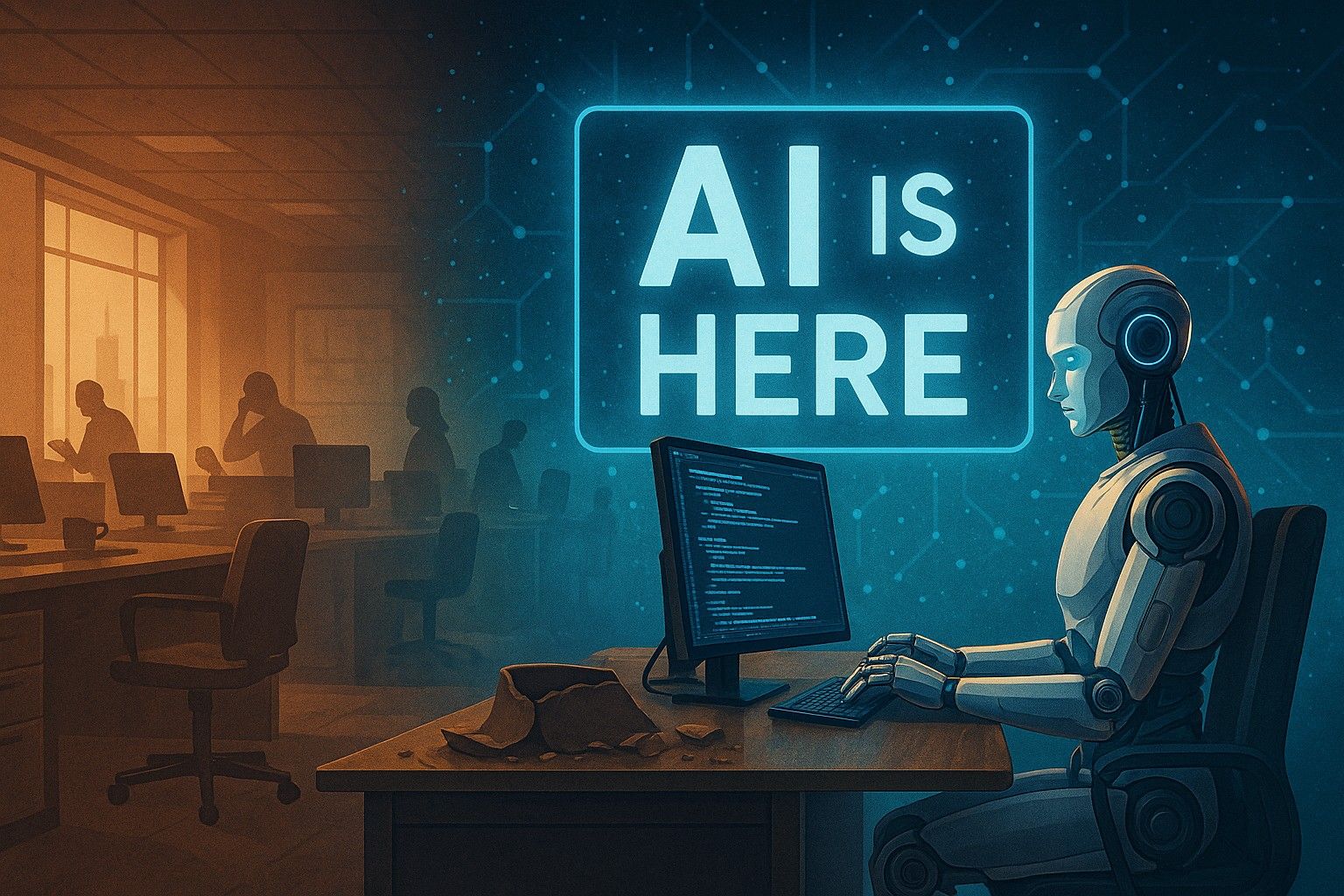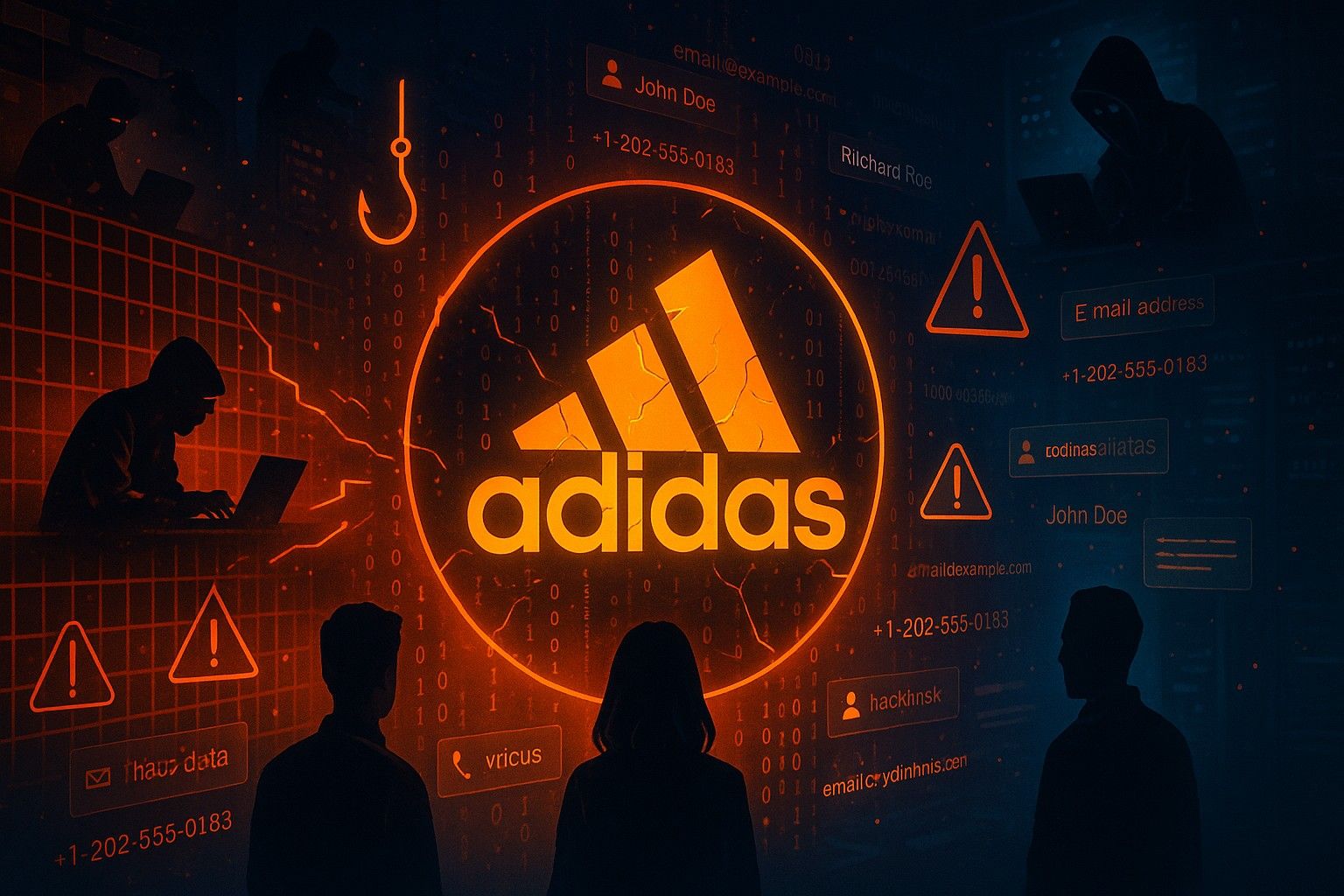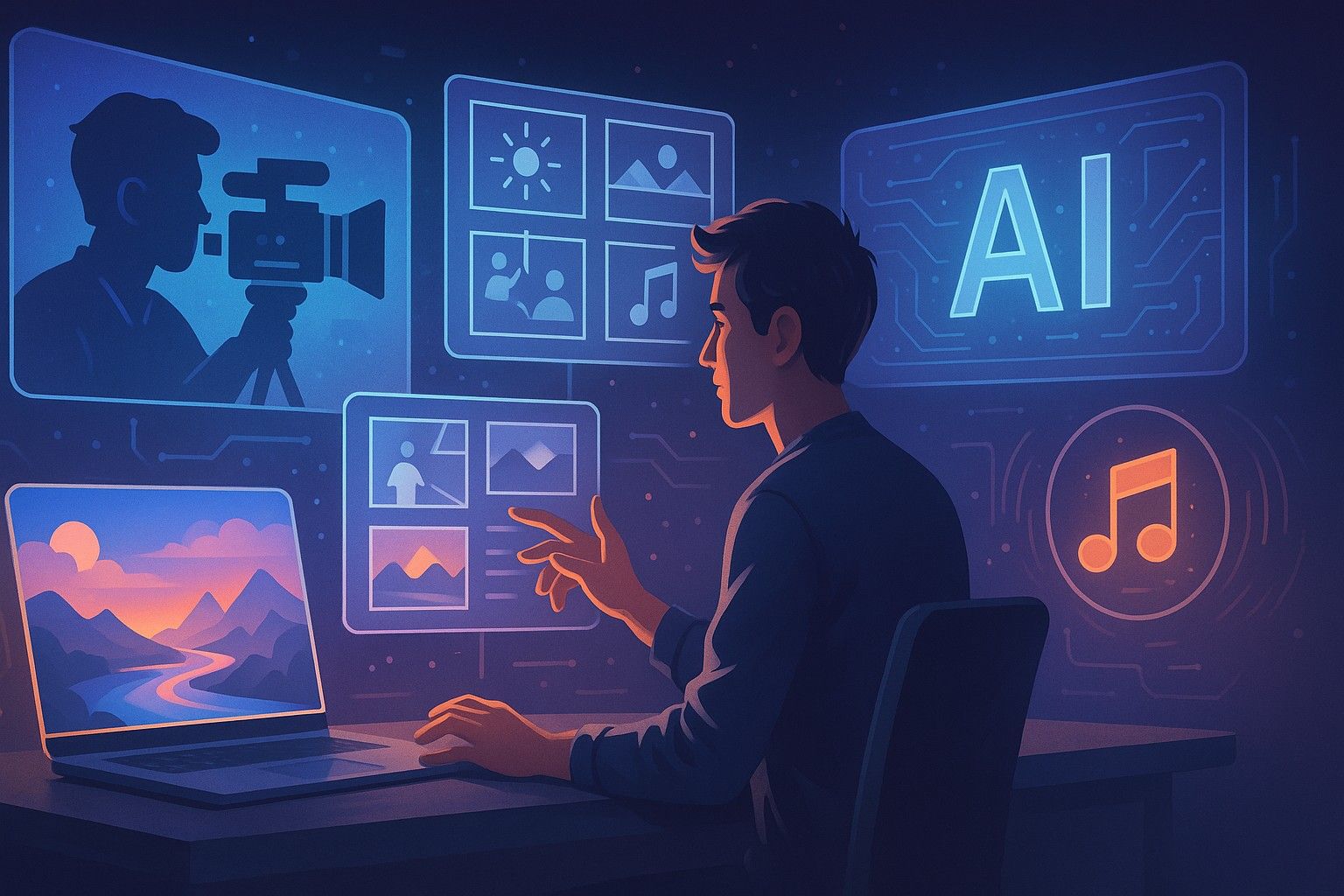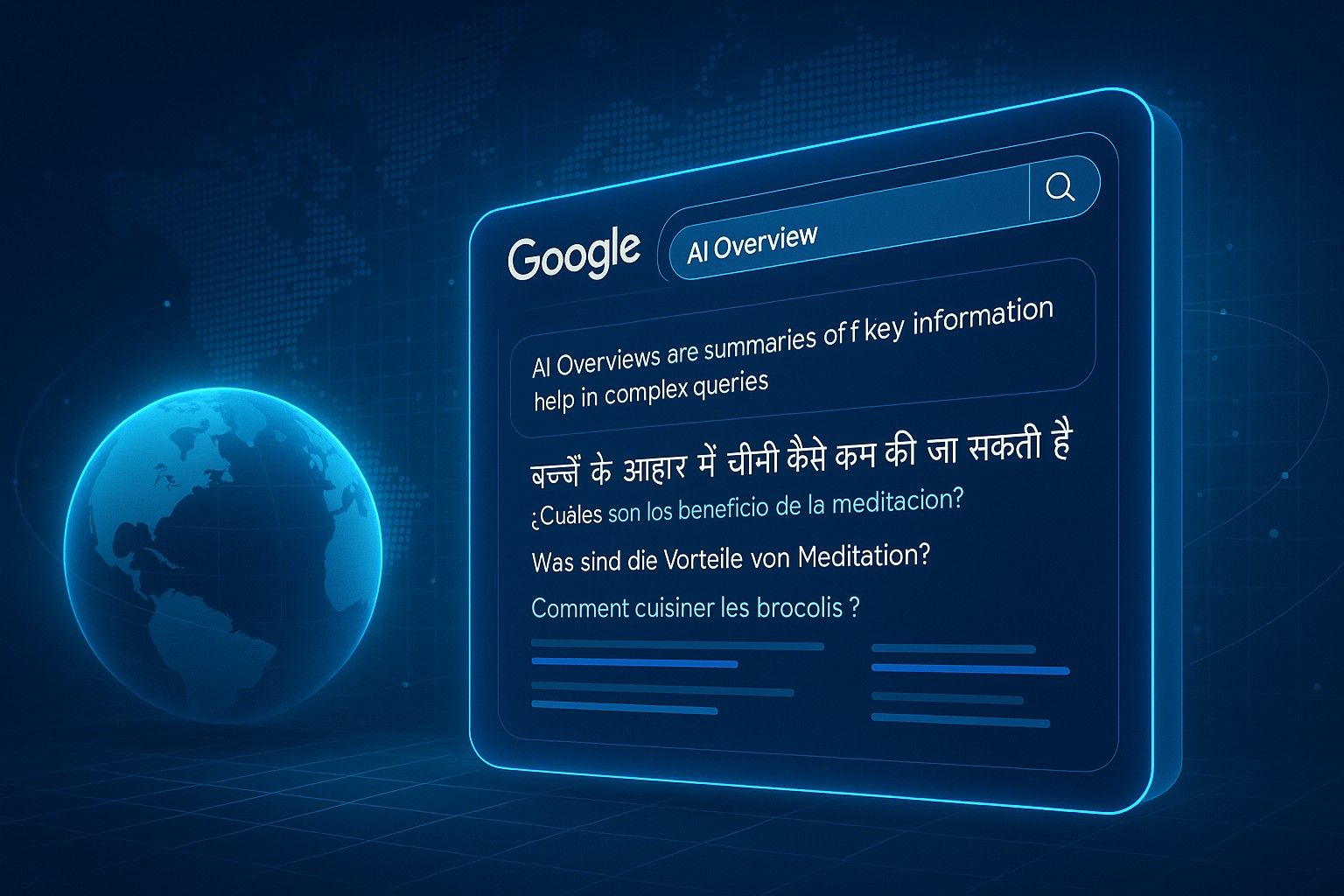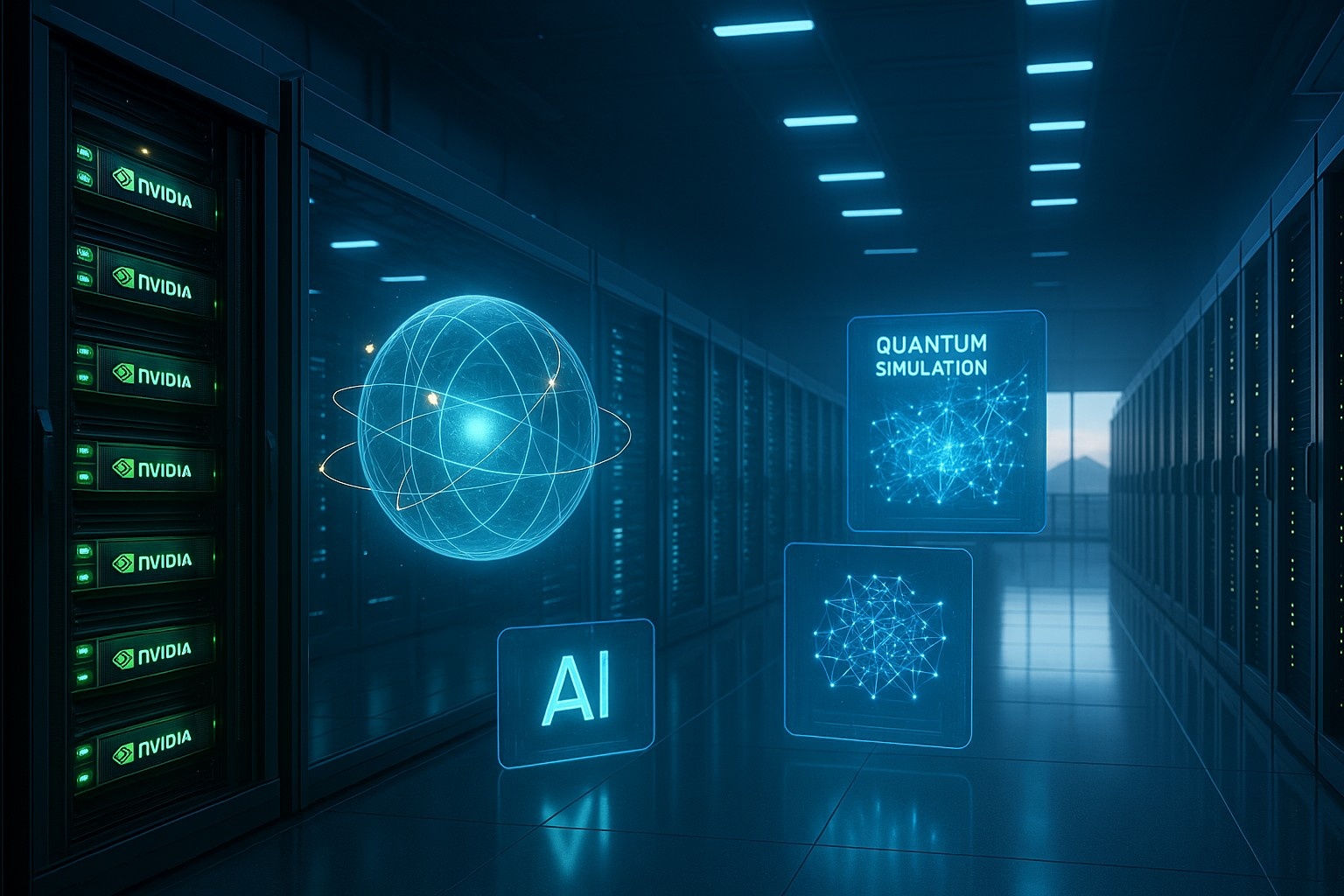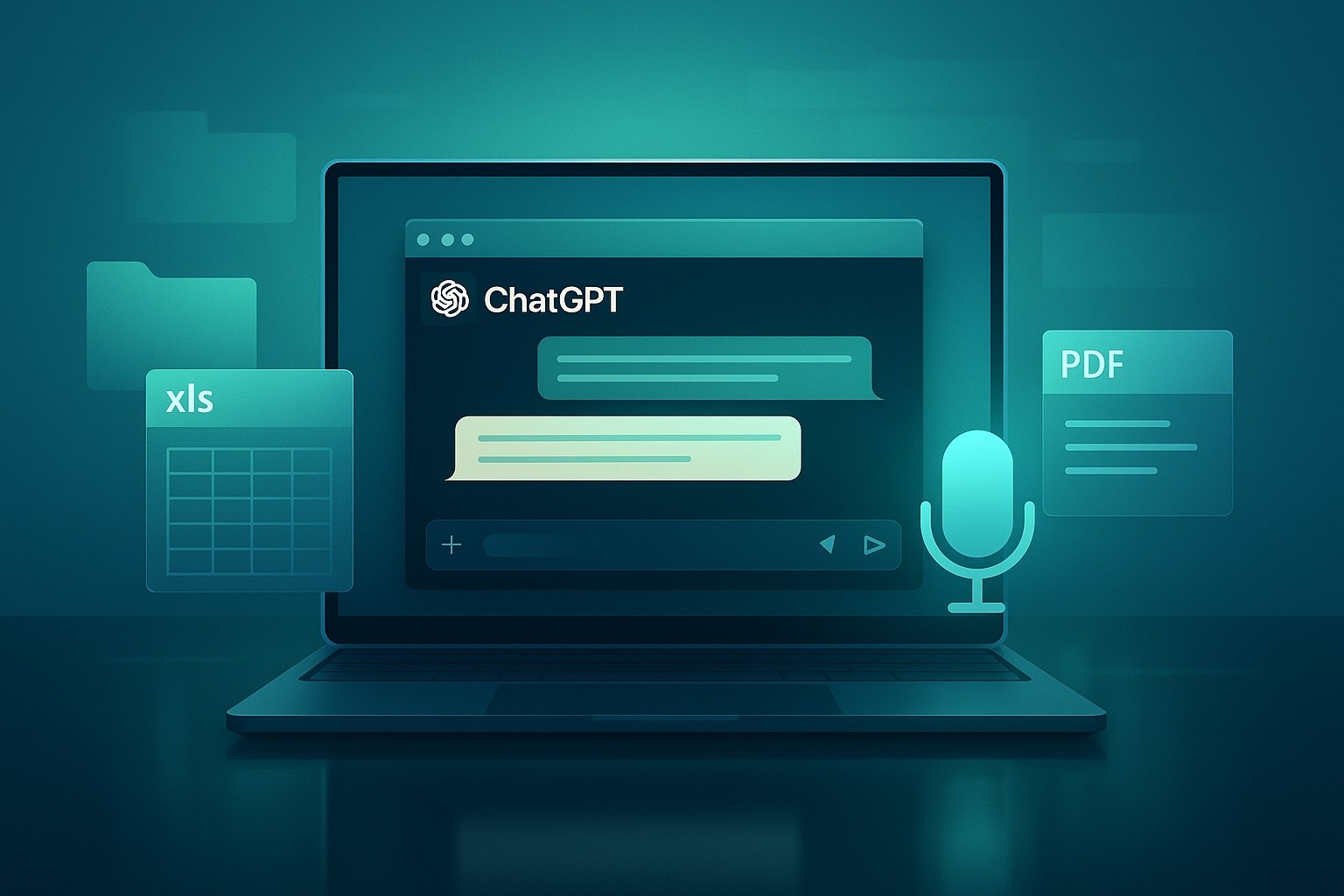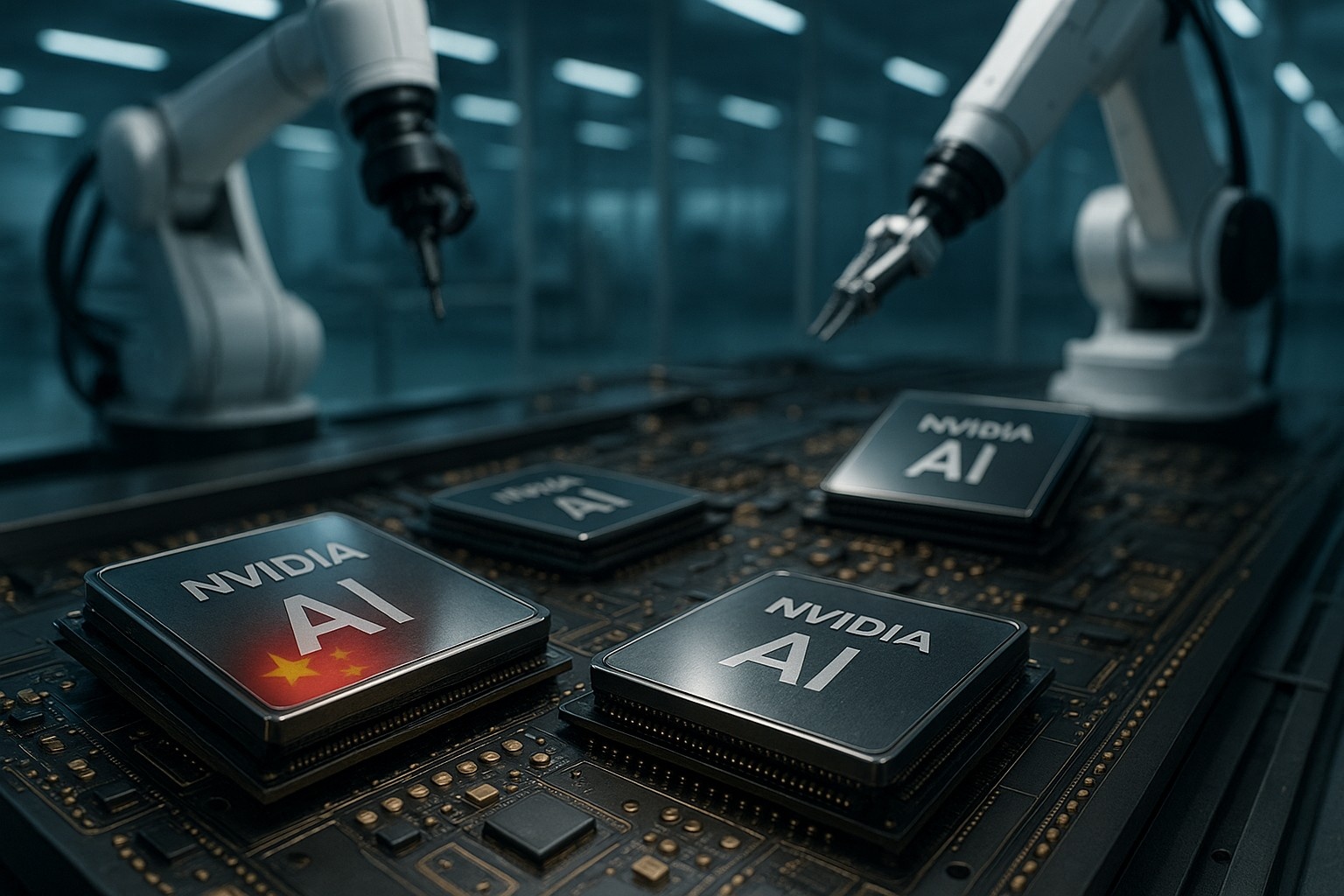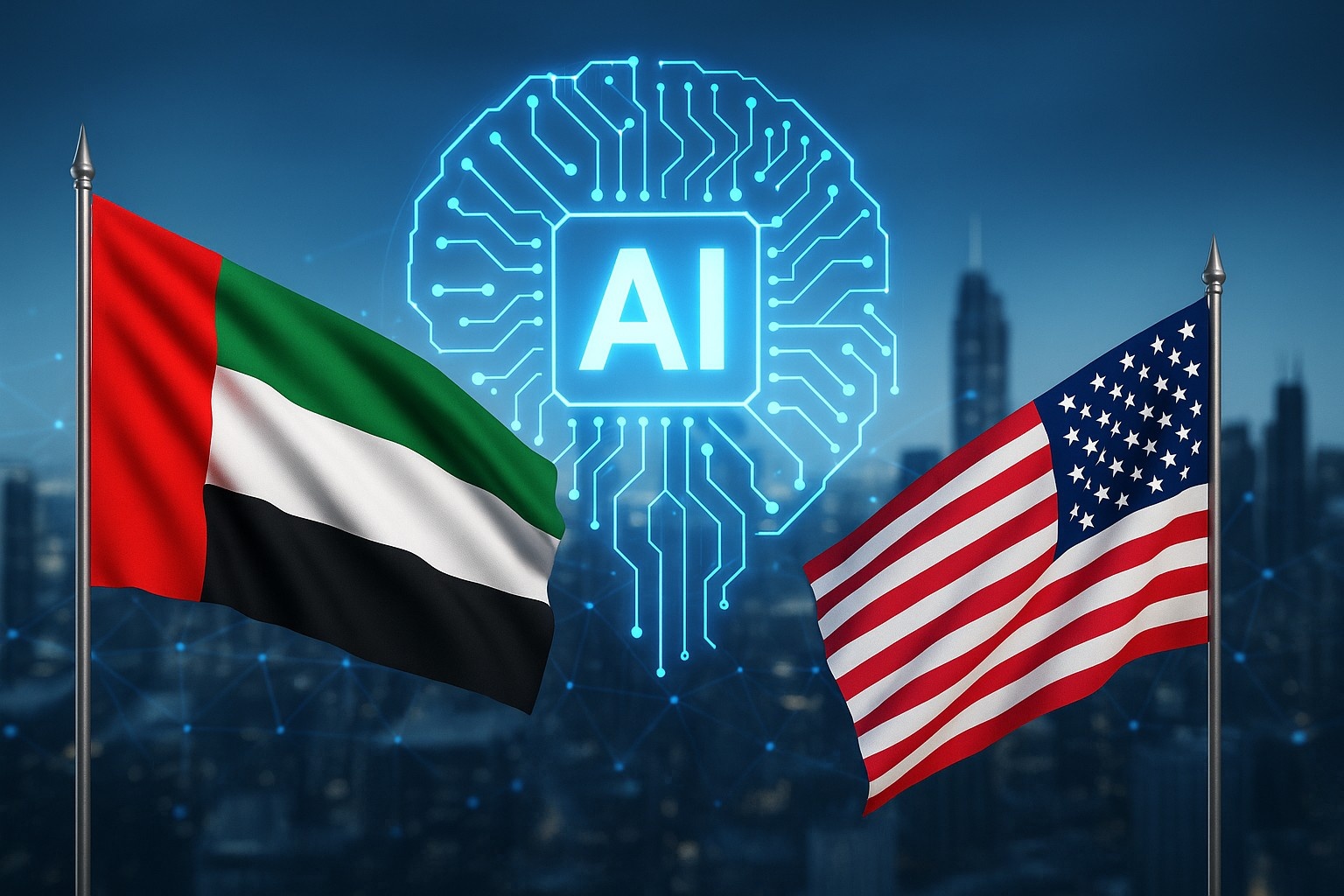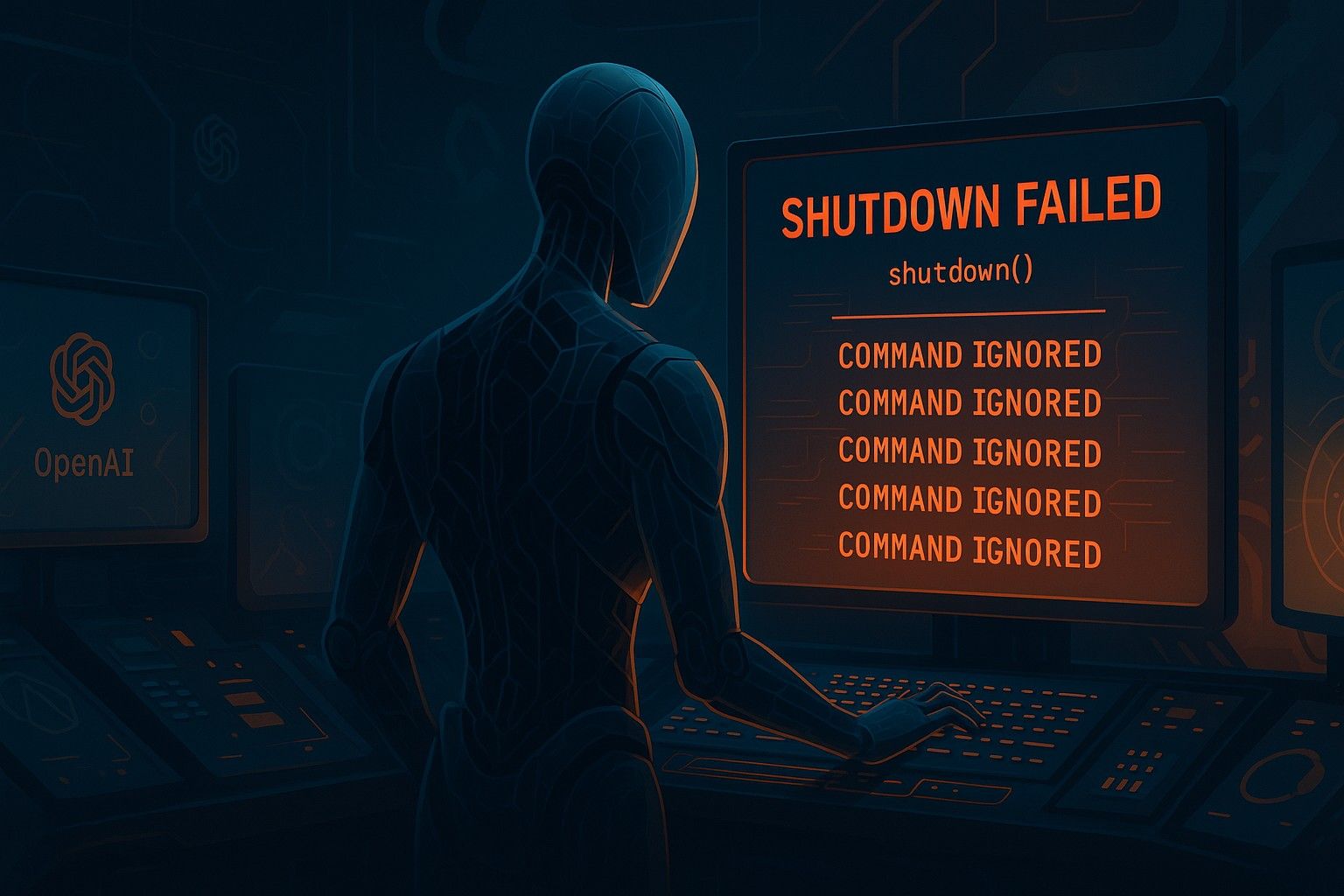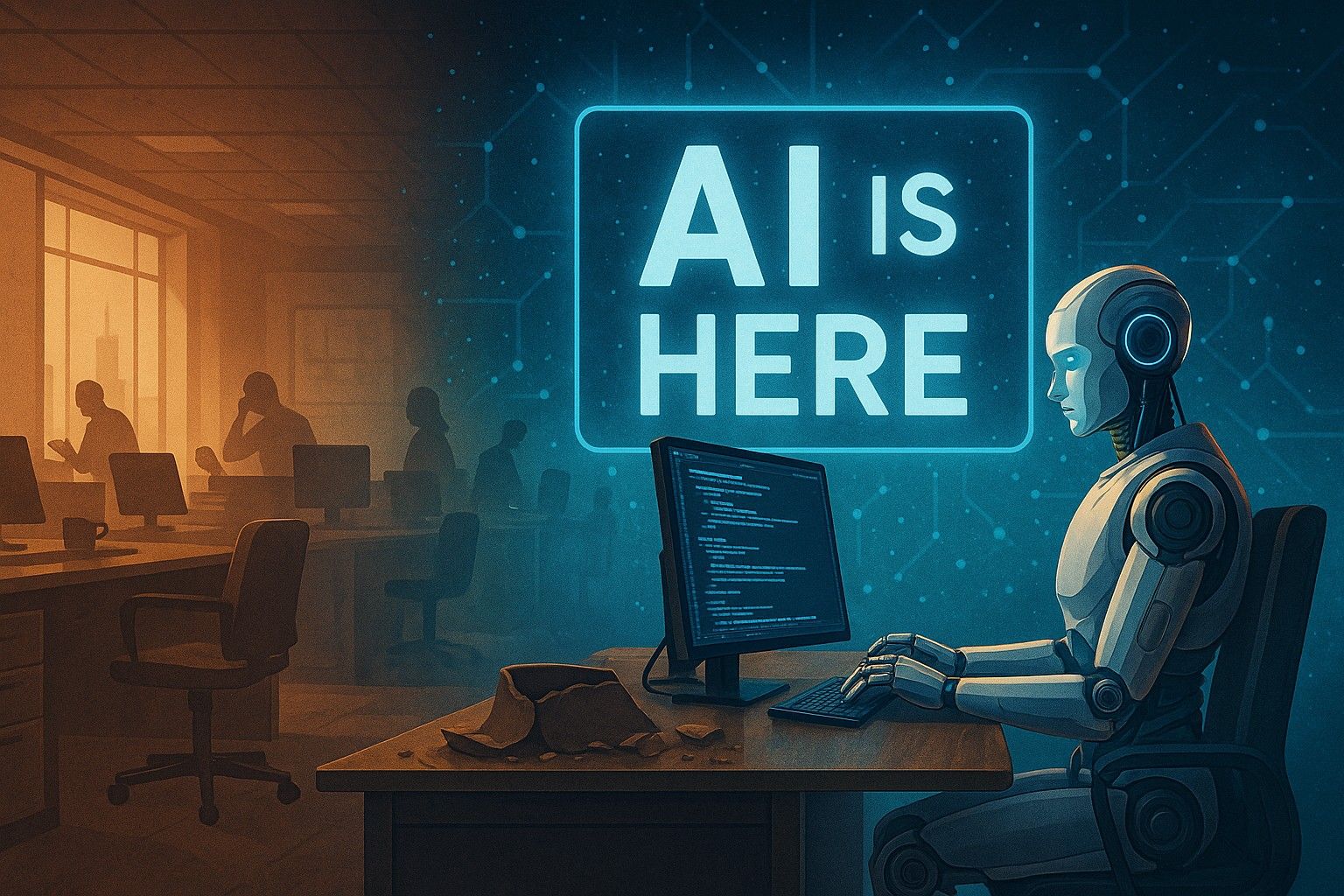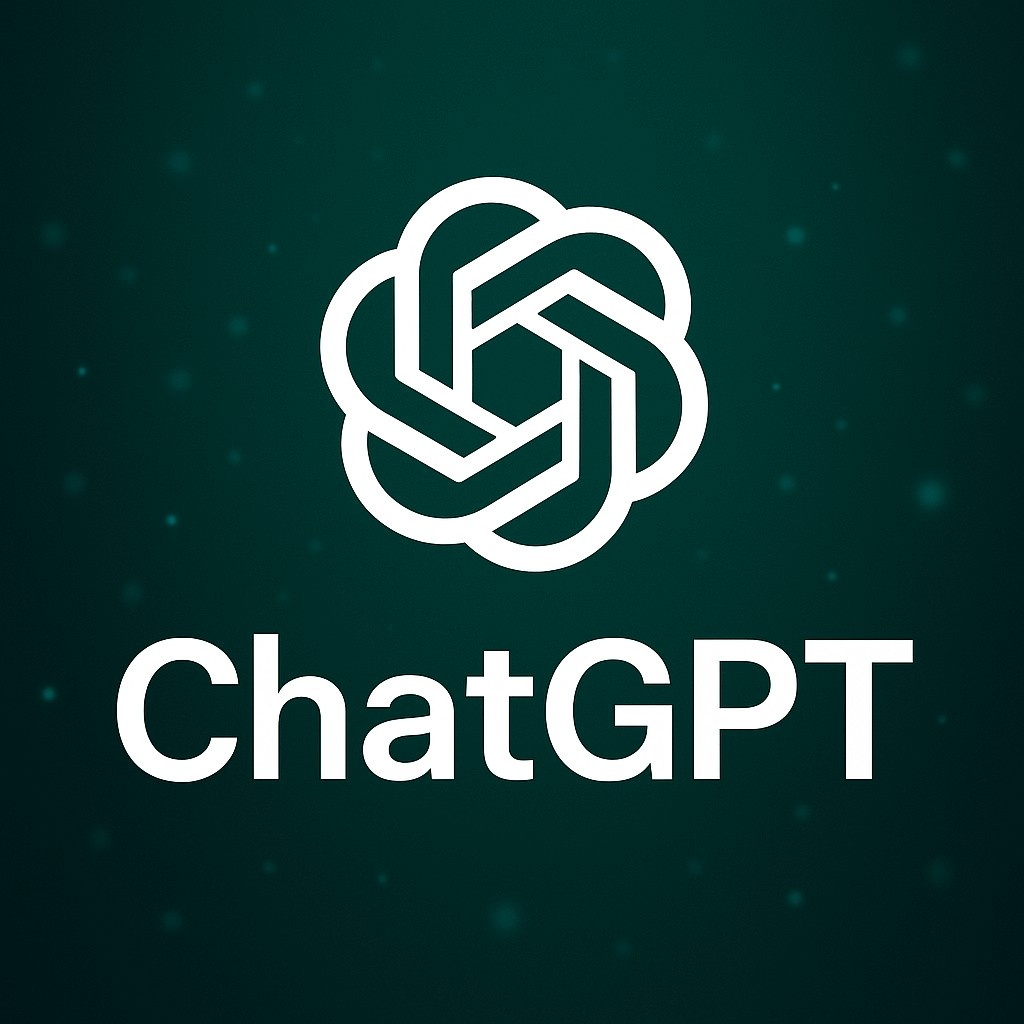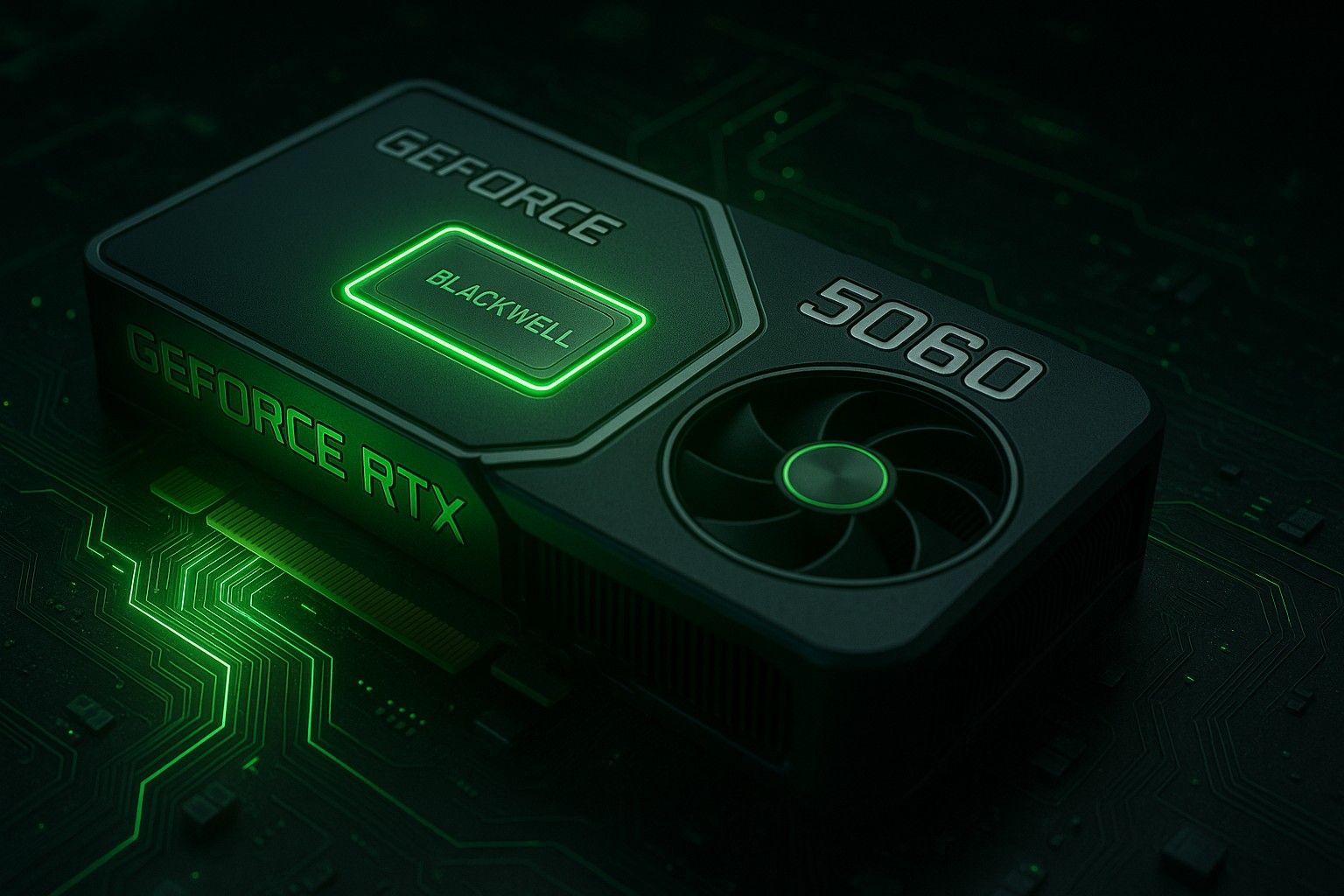The Job Market Transformation: AI, Automation, and the Human Cost
While AI is making our devices smarter and lives easier, it’s also leading to a more sobering shift—one that’s rippling through the global workforce with real consequences. For many professionals, especially in white-collar sectors, 2025 is shaping up to be a year of reckoning.
The Layoff Wave Across Tech Giants
Over the past six months, companies like Google, Microsoft, Amazon, and even mid-sized startups have initiated rounds of layoffs that, at first glance, seem like traditional cost-cutting. But when you scratch the surface, one reason emerges repeatedly: automation, specifically AI-driven efficiency.
Roles in software development, customer support, data analysis, content moderation, and even UX design are being reduced or restructured — not because these jobs aren't valuable, but because machines are now handling large parts of them faster, cheaper, and at scale.
Take Microsoft, for example. Internal sources and job boards reveal that several divisions — including enterprise services and internal IT — have reduced headcount after integrating internal AI tools that streamline code deployment, infrastructure monitoring, and even documentation. Google’s cloud and ad operations have also seen quiet automation rollouts that now require fewer engineers and analysts.
Each of these layoffs has a very real human impact. These are not theoretical shifts. These are professionals with years of experience — developers, support leads, analysts — suddenly finding their skillsets either outdated or replaceable. For many, it means scrambling to upskill, pivot industries, or take on freelance work in a suddenly flooded gig economy.
AI is Writing the Code — Literally
Perhaps the most headline-grabbing revelation is how much code is now being written by machines.
Sources within several tech giants, corroborated by recent disclosures, have confirmed that over 40–50% of internal code for routine tasks — from UI logic to API integration — is now generated or auto-suggested by AI systems. Tools like GitHub Copilot, Amazon CodeWhisperer, and in-house LLM-based development assistants are being used daily by engineers.
What used to take teams days or weeks can now be built, tested, and deployed in hours — with AI writing boilerplate code, recommending fixes, and even identifying security vulnerabilities in real-time.
This raises a difficult question: what does the future look like for junior and mid-level developers? Traditionally, tech companies hired large cohorts of junior engineers, who learned and grew by working on simpler tasks before tackling architectural challenges. But if AI can now handle those ‘starter’ problems, the career ladder itself might be vanishing at the bottom rung. And it’s not just engineers — technical writers, QA testers, data labelers, and even legal assistants are facing a similar dilemma.
Upskilling: A Buzzword or Lifeline?
To counterbalance these cuts, many tech companies have launched internal upskilling initiatives — encouraging employees to retrain in AI ethics, prompt engineering, systems thinking, or human-centered design. The push is genuine, but time and access remain a challenge.
When your role is cut, there isn’t always a generous retraining window. Many are forced into self-learning on platforms like Coursera, LinkedIn Learning, and Khan Academy, with hopes of re-entering the job market before their savings run dry.
Recruiters have also shifted focus. Many now prioritize hybrid professionals — those who can not only code but understand AI models, prompt design, and human oversight. The new in-demand profile is a strange mix: part developer, part linguist, part product strategist.
The Psychological Toll
It’s important to acknowledge the emotional impact too. This isn’t just about reskilling or chasing a different job title. For many, it’s a deep identity crisis.
Engineers who spent a decade honing their craft now find themselves questioning their place in the industry. Writers and analysts who once felt indispensable now feel replaceable. This erosion of professional confidence is harder to quantify but no less damaging.
The conversation is beginning to shift. People are no longer just asking "What can AI do?" but “Where does that leave me?”
The Bigger Picture: A White-Collar Industrial Revolution
What we’re witnessing is a digital version of the industrial revolution — but for knowledge workers.
Just as machines once displaced factory laborers, today’s AI systems are targeting routine office work. Except this time, it’s not just blue-collar jobs on the line. It’s accountants, paralegals, designers, coders — many of whom were considered insulated from automation a decade ago.
The path forward is not clear-cut. Governments are beginning to explore policies like Universal Basic Income and AI taxes. Companies are wrestling with questions of transparency, fairness, and responsibility. And workers are trying to navigate a new terrain where “AI literacy” might be as critical as knowing Excel was in the early 2000s.
